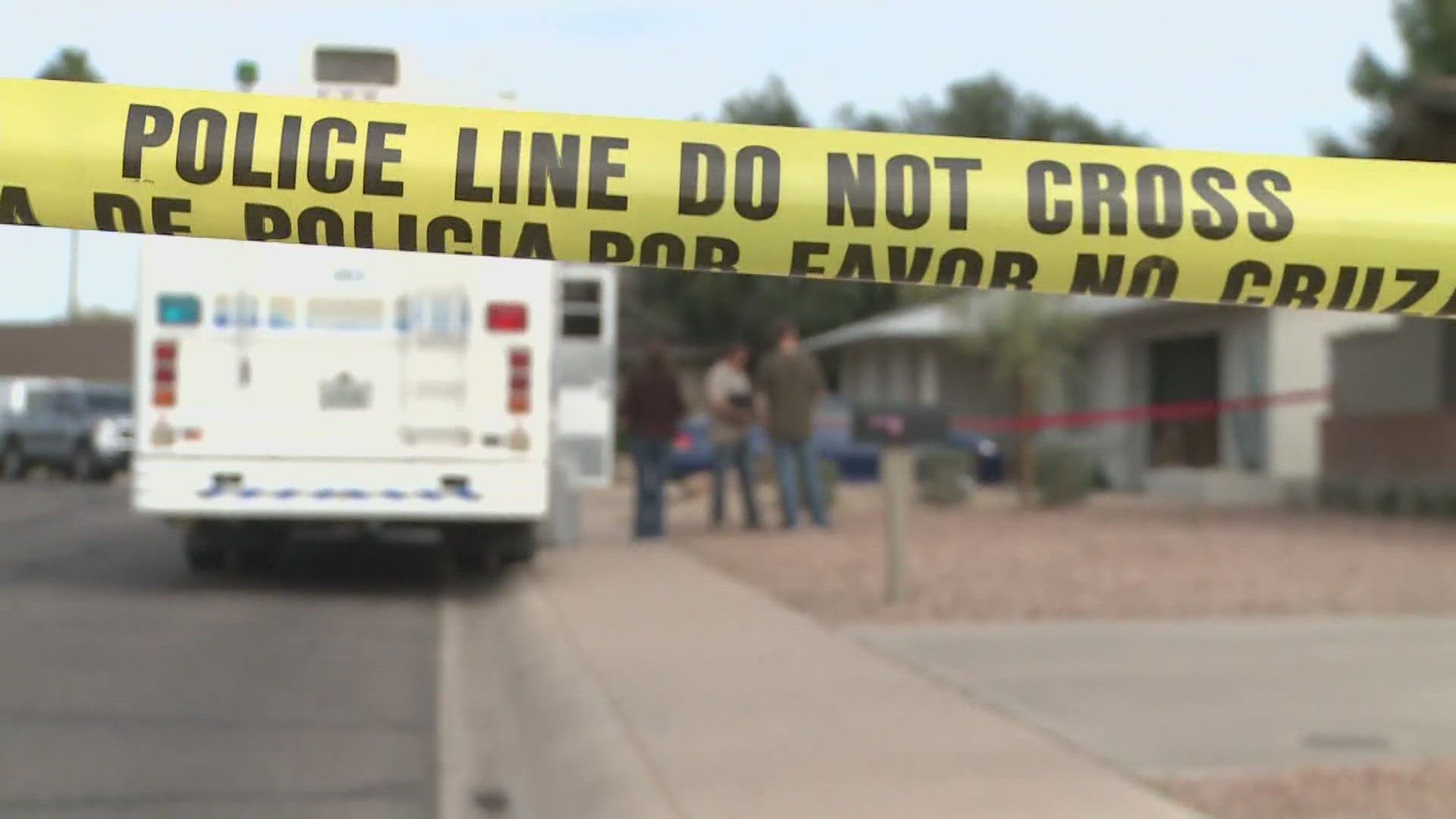SCOTTSDALE, Ariz. — Will key DNA evidence in a high-profile Scottsdale murder investigation be allowed to be used at trial?
That’s the question before a panel of judges in the Arizona Court of Appeals.
It all stems from a battle over a blood sample and how Scottsdale police used it to close that 2015 murder case.
For three years, Allison Feldman’s murder was unsolved. But in 2018, Scottsdale police announced they found their suspect and arrested Ian Mitcham after an initial familial DNA match.
Court records show Scottsdale police used familial DNA to connect DNA found at the crime scene to one of Mitcham’s brothers in prison, indicating a close relative could be the suspect in Allison’s murder.
Then police used a blood sample they already had in evidence, collected in an unrelated 2015 DUI case against Ian Mitcham, to confirm it was the same as the DNA found at the murder scene.
Weeks before Mitcham’s February 2023 trial, a Maricopa County Superior Court judge decided to throw out that key DNA evidence, siding with the defense’s argument that Scottsdale police violated Mitcham’s Fourth Amendment rights by using the old blood sample without a new warrant.
Prosecutors appealed the decision and Wednesday morning, each side could present oral arguments in the Court of Appeals to a panel of three appellate judges.
"I don’t think he had the same expectation of privacy," the arguing prosecutor said, referring to Scottsdale police collecting Mitcham's blood sample in 2015.
Prosecutors detailed a number of points, including inevitable discovery. They believe they would have inevitably gotten Mitcham's DNA after he was convicted of two other unrelated felony charges in 2022.
Additionally, the prosecutor told the judges that with the familial DNA report, they had probable cause to consider Mitcham and his brothers, calling it "compelling evidence."
Mitcham was not in the courtroom during Wednesday's hearing, but his defense, backed by the ACLU, came to fight.
"It doesn’t give them the unfettered discretion to do what they want with that evidence," a public defender said of Scottsdale police using the blood sample.
The judges drilled in on the 2015 DUI arrest and it was revealed by the defense that Mitcham was convicted of a misdemeanor in that case.
"So once he pled guilty, doesn’t the blood become evidence of a crime?" one of the judges asked.
"For DUI investigation, yes," the defense argued. "But not for the DNA extraction."
The judges continued combing over Mitcham’s past, referencing another DUI case in 2016 where Mitcham allegedly expressed concern over his DNA going into the system.
"If you put this in CODIS, I’m dead?" a judge asked, clarifying the statement. "Or whatever it was?"
Mitcham has pleaded not guilty to all charges in Allison’s murder case. The appeal means more painful delays for the Feldman family, now waiting more than eight years for justice. The Arizona Appeals Court panel will make a decision at a later date, although a timeline isn't clear.
Allison’s father Harley Feldman was not in the courtroom but spoke with 12News over the phone afterward and said he felt the judges asked good, hard questions of both sides.
He shared that Wednesday would have been Allison's 40th birthday.

